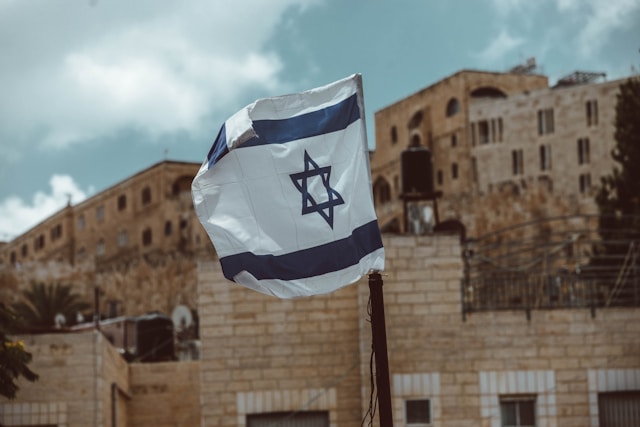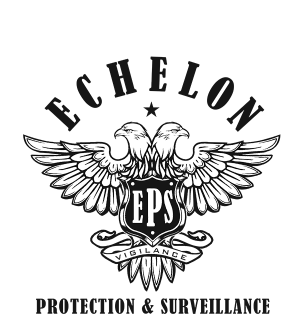 The ongoing conflict between Gaza and Israel has impacts beyond the immediate war zone. Religious and cultural facilities, in the United States, including restaurants, have become flashpoints for tension and violence. Ensuring the security of these establishments is essential to protect both patrons and staff.
The ongoing conflict between Gaza and Israel has impacts beyond the immediate war zone. Religious and cultural facilities, in the United States, including restaurants, have become flashpoints for tension and violence. Ensuring the security of these establishments is essential to protect both patrons and staff.
Increased Risks and Threats
The war between Gaza and Israel has intensified antisemitic and Islamophobic sentiments globally. Religious facilities, such as synagogues, mosques, and churches, have reported increased threats and vandalism. The conflict’s spillover effects also affect restaurants and cultural centers associated with Jewish or Arab identities, making them potential targets for violence and harassment.
Security Measures for Religious Facilities
Religious institutions are taking significant steps to enhance their security. Organizations like our own offer tailored solutions for synagogues and churches, providing 24-hour surveillance and plainclothes security officers. These measures help prevent break-ins and protect congregants during services. Advanced security systems, including video surveillance and motion detectors, are essential components in creating a secure environment for worship.
Protecting Restaurants and Cultural Centers
Restaurants and eateries have also become focal points in the conflict. Jewish and Arab-owned establishments have faced vandalism, protests, and threats. For example, in Philadelphia, Goldie, an Israeli-style falafel shop, experienced protests and heightened security concerns. Establishments like these are implementing additional security measures, such as hiring guards and increasing surveillance, to protect their premises and ensure the safety of their customers and staff.
Collaboration with Local Authorities
Collaboration with local law enforcement is crucial for effective security. Many religious and cultural facilities work closely with police departments to ensure a rapid response to any incidents. In Teaneck, New Jersey, local authorities have been actively involved in addressing community tensions and ensuring the safety of all residents. This cooperation helps to create a comprehensive security strategy that includes both preventive and reactive measures.
Community Engagement and Support
Community engagement plays a vital role in maintaining security. Religious and cultural institutions must foster a sense of vigilance among their members. Encouraging community members to report suspicious activities and participate in security training can enhance overall safety. Programs like the Jewish Federation’s Community Security Initiative (CSI) provide resources and training to help communities protect themselves effectively.
The Role of Private Security
Private security firms are increasingly essential in safeguarding religious and cultural facilities. These firms offer specialized services tailored to the unique needs of each institution. For instance, our agency provides both armed and unarmed guards, ensuring a visible deterrent to potential threats. Their experience and expertise in handling security for religious and cultural centers make them a valuable asset in these challenging times.
Financial Considerations
While enhanced security measures are necessary, they can also be costly. Many institutions rely on government grants and community fundraising to cover these expenses. Programs like the Nonprofit Security Grant Program provide financial assistance to help religious and cultural facilities implement critical security measures. Ensuring adequate funding is essential to maintaining comprehensive security protocols.
Conclusion
The conflict between Gaza and Israel has underscored the urgent need for enhanced security at religious and cultural facilities, including restaurants. By implementing advanced security measures, collaborating with local authorities, and engaging the community, these institutions can protect themselves against potential threats. The role of private security firms is crucial in providing specialized protection tailored to the unique needs of each facility. As tensions continue to rise, proactive security measures are essential to ensuring the safety and well-being of all individuals who visit these important community centers.


